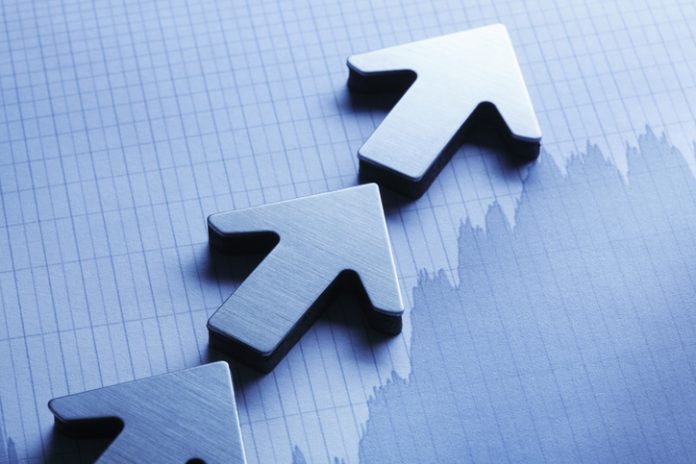HENDERSONVILLE, Tenn.—The U.S. hotel industry reported mostly positive results in three key performance metrics during Q2 2019, according to data from STR. In a year-over-year comparison with Q2 2018, occupancy declined just 0.1 percent to 70 percent, average daily rate (ADR) increased 1.2 percent to $133.01, and revenue per available room (RevPAR) increased 1.1 percent to $93.17.
“Despite that slight year-over-year decrease, the absolute occupancy level was the second-highest among all second quarters in our historical database,” said Alison Hoyt, STR’s senior director of consulting and analytics. “The industry sold more nights than any other Q2 in history, but supply grew at a bit of a higher rate. Aside from that, the story was really the same as the rest of the first half of 2019. Occupancy levels were mostly flat, and a lack of pricing confidence meant an uninspiring RevPAR growth rate. We’re still in an expansion cycle, but with continued expense growth, specifically in labor departments, profitability is of significant concern in a lot of markets.”
The current industry growth cycle is at 110 of 112 months with only two minor year-over-year decreases in September 2018 (down 0.3 percent) and June 2019 (down 0.4 percent). The longest overall expansion cycle in industry history lasted 112 months (with 111 increases) from December 1991 through March 2001.
Overall, 14 of the Top 25 Markets, as defined by STR, saw a RevPAR increase. Minneapolis/St. Paul, Minnesota, posted the largest jump in RevPAR (up 5.6 percent to $92.00), driven by the largest lift in ADR (up 6.1 percent to $128.22). Norfolk/Virginia Beach, Virginia, registered the second-largest increase in RevPAR (up 4.9 percent to $81.50).
Two markets experienced the highest rise in occupancy: Chicago (up 1.7 percent to 77.4 percent) and Tampa/St. Petersburg, Florida (up 1.7 percent to 74.6 percent).
Several markets posted declines in occupancy, ADR, and RevPAR in Q2 2019. Seattle reported the steepest decline in RevPAR (down 7.1 percent to $128.52), due to the largest drop in ADR (down 3.9 percent to $166.08) and the second-largest decrease in occupancy (down 3.3 percent to 77.4 percent). Detroit saw the steepest drop in occupancy (down 5 percent to 68.1 percent) and the second-largest decline in RevPAR (down 3.9 percent to $72.78).











